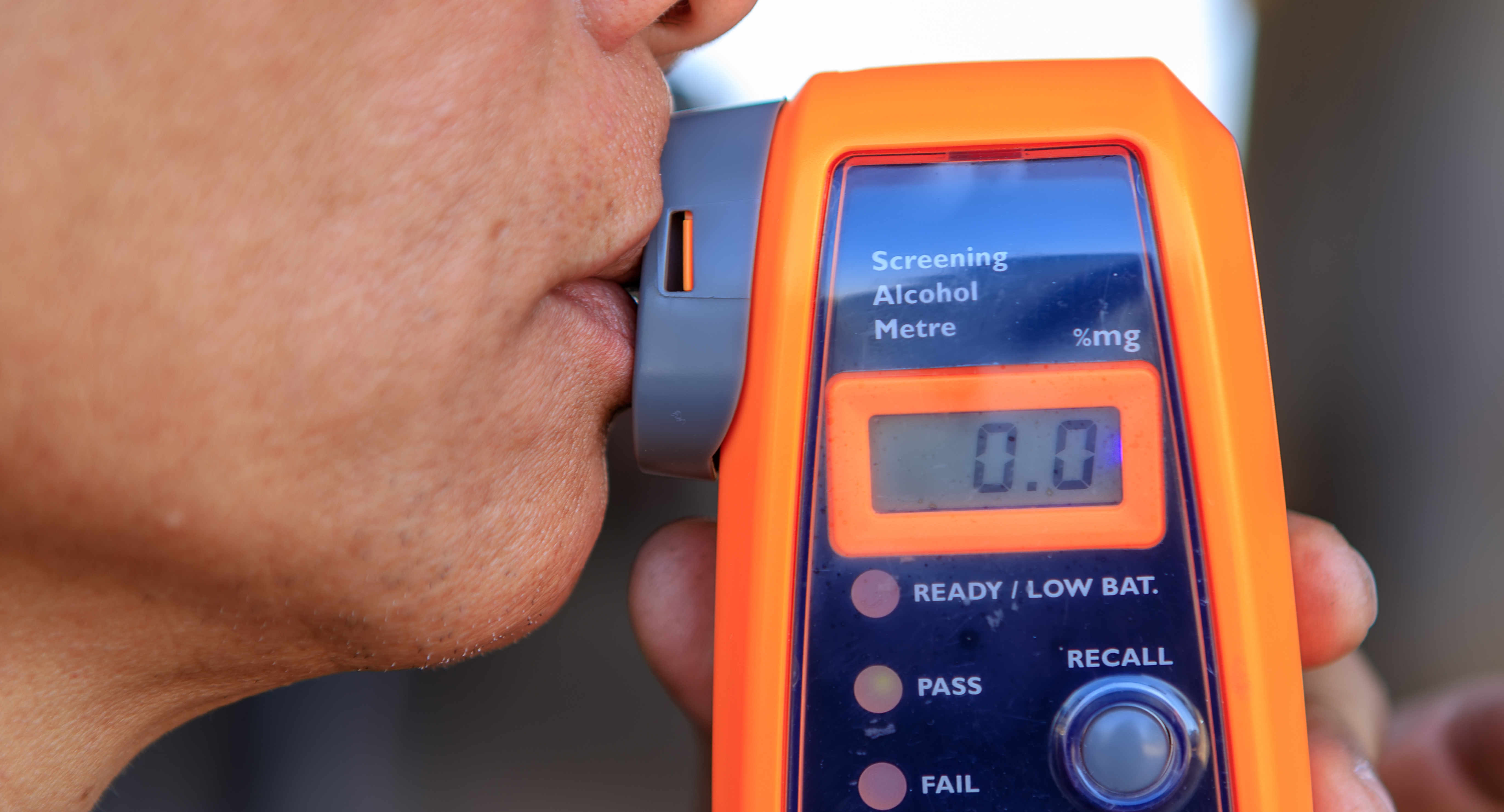- All DUIs and most DWIs are misdemeanors, which shouldn’t affect your ability to travel to Mexico
- If you’re charged with a felony DWI, you technically could be refused entry at the border
- Travelers with recent (in the past ten years) felony convictions (including DWI) can be turned away
Mexico is a popular vacation destination, but many of our clients often wonder whether they can travel there with a DWI.
Messages are mixed, and while technically you can be turned away at the border, most people don’t encounter any issues.
However, if you have a felony DWI conviction on your record – particularly if it involves drugs or manslaughter – you should carefully weigh whether travel is worth the risk.
Mexico Law: Convicted Felons Can Be Denied Entry
The widespread fear that Americans with DWI convictions can’t travel to Mexico appears to stem from this Trip Advisor post from 2014:
I just wanted to give everyone a heads up on something very stressful and scary, and also unfortunate that happened to us last week.
If you have ANY KIND of criminal record, you may not be allowed into Mexico, even with a valid passport.
The traveler later explains: “The authorities took my boyfriend into the immigration office and told him he would not be allowed to come into the country based on a felony charge on his record from when he was 16 years old.” (This incident was 12 years later.)
What we don’t know from this post is what type of felony was involved, or whether there’s more to the story. Did the poster’s boyfriend have a drug record? Owe back child support? Did he try to argue with immigration officials?
What we do know is that any time a 16-year-old is charged with a felony in Texas, it involves a serious offense, and felony convictions stay on your criminal record for life.
From the information provided, there’s no way to know for certain why he was denied access.
If you’ve been convicted of misdemeanor DWI, you shouldn’t have any issue crossing the border. However, if you’re on probation, you will need to get permission from your probation officer before traveling.
Mexican law is less clear if you’ve been convicted of a felony DWI.
Mexico’s Immigration Act Section 37 deems any foreign drinking and driving charge or conviction as an indictable offense (similar to a felony).
Though the law technically bars anyone with a felony DWI conviction within 10 years from entering the country, most people who are denied entry have an extenuating circumstance, such as an elevated charge, multiple convictions, owing back child support, or being implicated in another offense that Mexico considers a “serious crime.”
What Does Mexico Consider a “Serious Crime?”
- Manslaughter
- Homicide
- Kidnapping
- Drug trafficking
- Human trafficking
- Rape and sexual assault
- Organized crime
- Robbery
- Extortion
Reality: It’s Unlikely a DWI Will Affect Travel Plans to Mexico
Anecdotal evidence shows that passports rarely get more than a cursory glance when entering Mexico from the U.S., particularly when arriving by plane or cruise ship.
When you enter Mexico after air travel, you typically have to fill in two forms. Neither address any criminal history. If you’re disembarking by cruise ship, there’s typically no paperwork involved at all.
The process is typically completed in a matter of minutes, and several Americans have reported having no trouble at all.
For example:
I just got back from Cancun last month. I got my DUI in 2020 and just got off of probation this past March. You fill out 2 forms when you arrive, 1 for immigration and 1 for customs. Neither ask about your criminal history. When you go through immigration, they will ask why you are visiting and for how long. They never scanned my passport or did a background check.
Went to Cancun 5 years ago with husband and daughter no problem. 15 years ago I got a 3rd DUI (which is a felony in Michigan). Mexico is easy.
Just got back from Cabo a few days ago. No issues getting into Mexico at all, nor did I get stopped at passport control on the way back in at the Atlanta airport. Don’t worry about it at all.
There are a few key exceptions for those who face felony charges:
- If you don’t have a U.S. passport, or your U.S. immigration status is “Permanent Resident” (which means you have a Green Card), you could be detained when attempting to re-enter the U.S. from Mexico.
- If you owe back taxes or more than $2,500 in child support, any passport application or attempt to renew an existing passport will be denied. The U.S. government can also revoke, restrict, or limit the use of an existing passport, although that’s less likely.
If you fall into either of these categories, contact the Mexican Consulate before you travel to clarify the situation.
The Immigration Officer Has the Final Say
Remember that if you’re questioned, the immigration officer at the border has the final say. So it’s always best to remain calm and polite. Don’t anger or irritate the officer or otherwise provide an incentive to block your entry.
According to U.S. Immigration and Customs Enforcement (ICE) a passport does not include criminal records or convictions. It only contains the following information:
- Full Name
- Photograph
- Passport number
- Nationality
- Date of birth
- Place of birth
- Sex
However, it’s important to be aware that other databases may contain any criminal records you may have, and it remains possible that you’ll be turned away.
What If My DWI Has Been Expunged?
Expungement removes an incident from your criminal record. Additionally, some states allow you to get your record “sealed,” which basically hides the incident from most people.
Suppose your record has been sealed or expunged. In that case, it will typically not appear on a criminal background check, and immigration officials in Mexico likely would not even be made aware of it in a cursory check.
Preparing for Your Trip
- Gather your necessary documentation and paperwork. You will need a valid passport. If you’re on probation or parole, get written confirmation from your probation or parole officer (or a judge) stating that you’re authorized to travel.
- Contact the Mexican Consulate to confirm your eligibility to travel.
- Seek legal advice if you’re still unclear about whether you’re allowed to travel.
What to Do If You’re Facing a Family Emergency
If you’re on probation or parole, your travel is restricted. If you’re dealing with a crisis across the border and need to travel quickly, contact us.
While we can’t guarantee what will happen with immigration in Mexico, we can help you obtain permission to travel from your probation or parole officer or contact the judge on your behalf to explain your emergency.
If you’re required to get permission to leave the U.S., don’t leave without it. You don’t want to be detained while trying to return to the U.S. or get home to find out your probation or parole has been revoked.




